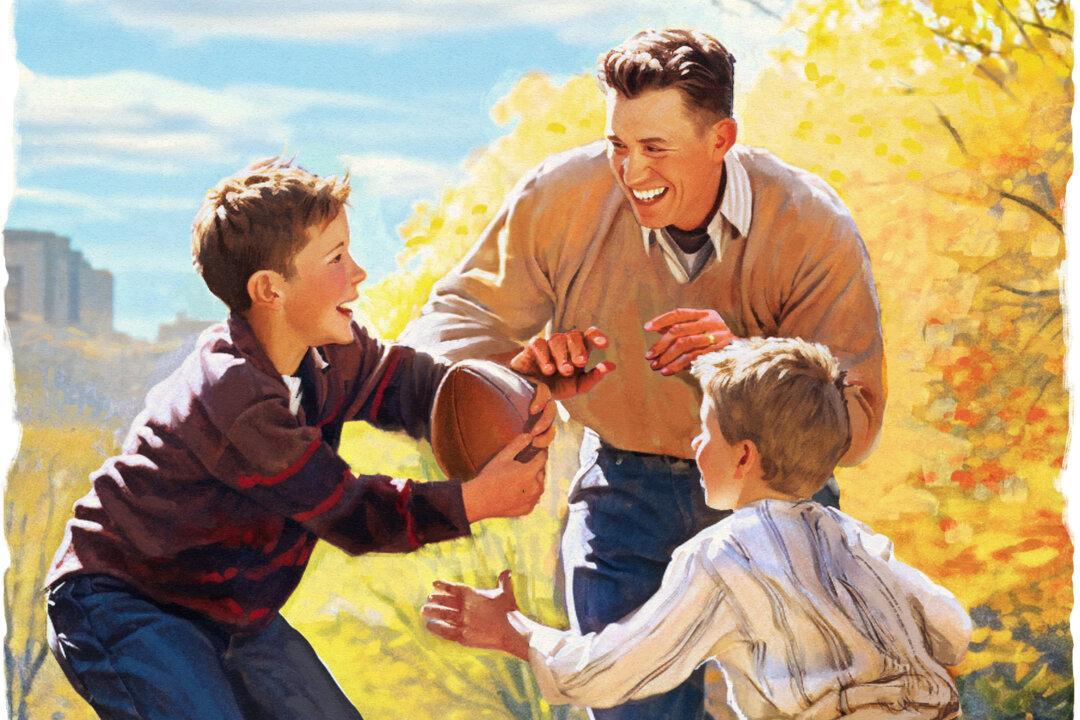There are millions of good dads, and I’m privileged to know some of them.
These men are a mix of professions, beliefs, and life circumstances. There’s Ben in Virginia, father of four kids ages 7 and younger, who knocks himself out working six days a week for his family’s construction company but nonetheless spends time in the evenings and on the weekends with his children. There’s Andy, a chemist in Raleigh, N.C., who’s divorced but delights in seeing his three daughters whenever possible. There’s John in Texas, whose wife died in a car crash last winter and who now devotes every spare minute away from work to his teenagers still living at home.






